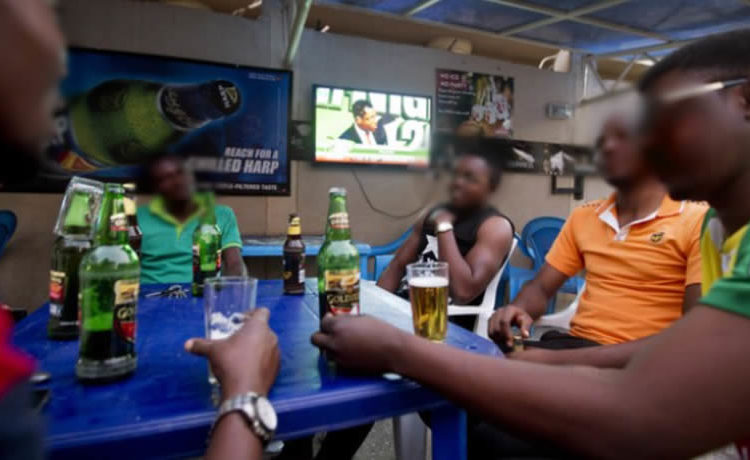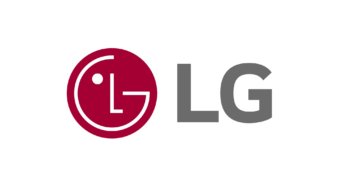Reactions have continued to trail the newly introduced tax laws on imported vehicles, alcohol, beverages and single-use plastics by the federal government as well as its plan to further increase the number of banned items being imported into the country.
This is even as the stakeholders affirmed that the Naira Scarcity and redesign policy by the CBN dented the growth of the beer and beverage sector while urging Government to protect home-made products.
This fiscal policy measures for 2023 and signed by Zainab Ahmed, the minister of Finance, Budget and National Planning as part of its annual policy with focus on protecting home-made goods, create provision for excise on green taxes as well as to ensure that the Economic Community of West African States (ECOWAS) treaty, which Nigeria is a signatory to, is equally implemented.
The policy added that N75 per litre will be charged on “beer and stout including all alcoholic beverages and beer not made from malt – whether fermented or not” in 2023, adding that this new excise duty on beer and stout will be increased to N100 per litre in 2024.
Reacting, the Fiscal Policy Partner and Africa Tax Leader at PwC Nigeria, Taiwo Oyedele, described it as the president’s parting gift to Nigerians while suggesting that the newly introduced 2023 Fiscal Policy Measures and Tariff Adjustments surfaced at an inappropriate time considering how unstable the economy has been in recent times.
Oyedele revealed that some of these increases were as high as 90-95%, noting that, government’s decision to top up the increase was uncalled for, regarding the fact that, food beverages and tobacco, are the largest sub-sector within the manufacturing, accounting to 40% and over the past 7 years, the average growth rate has been about 2%.
He added that, last year, the sector recorded a negative growth while decrying the ripple effect that such will have on about 9 million people who directly or indirectly depend on it for livelihood.
“The naira scarcity has dented the growth of the sector with significant decline to some of the record declines in double digits that has not been seen in decades. When you find sectors struggling with issues like that, we have countries like UAE, and South Africa, who have suspended exercise on Tobacco, alcohol and wines. They cancelled it because, based on their data, it was not helping their economy in terms of tourism and entertainment,” he pointed out.
The African Tax Leader urged the government to prioritise on the well-being and growth of the economy and the citizenry.
“If you can’t suspend exercise, why do you further increase at a point where the economy is struggling? While we understand that the government assigns commitment around Co2 and wants to get to net zero by 2060, it is important that we put the national interest first by consulting widely with all the parties that will be affected. Use data for the decisions so that you will know the likely impact not only on the industries but also on the entire value chain,” he said.





